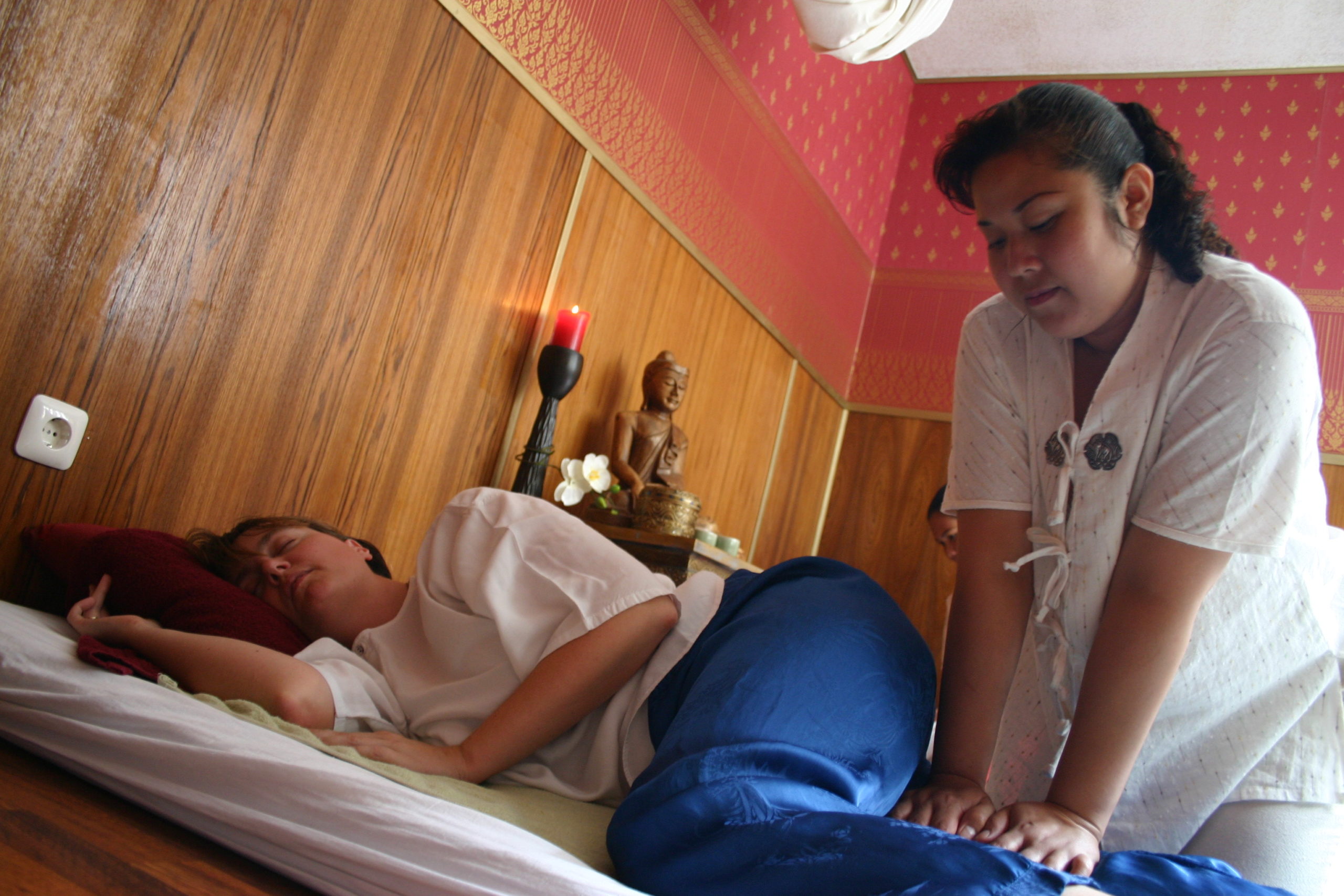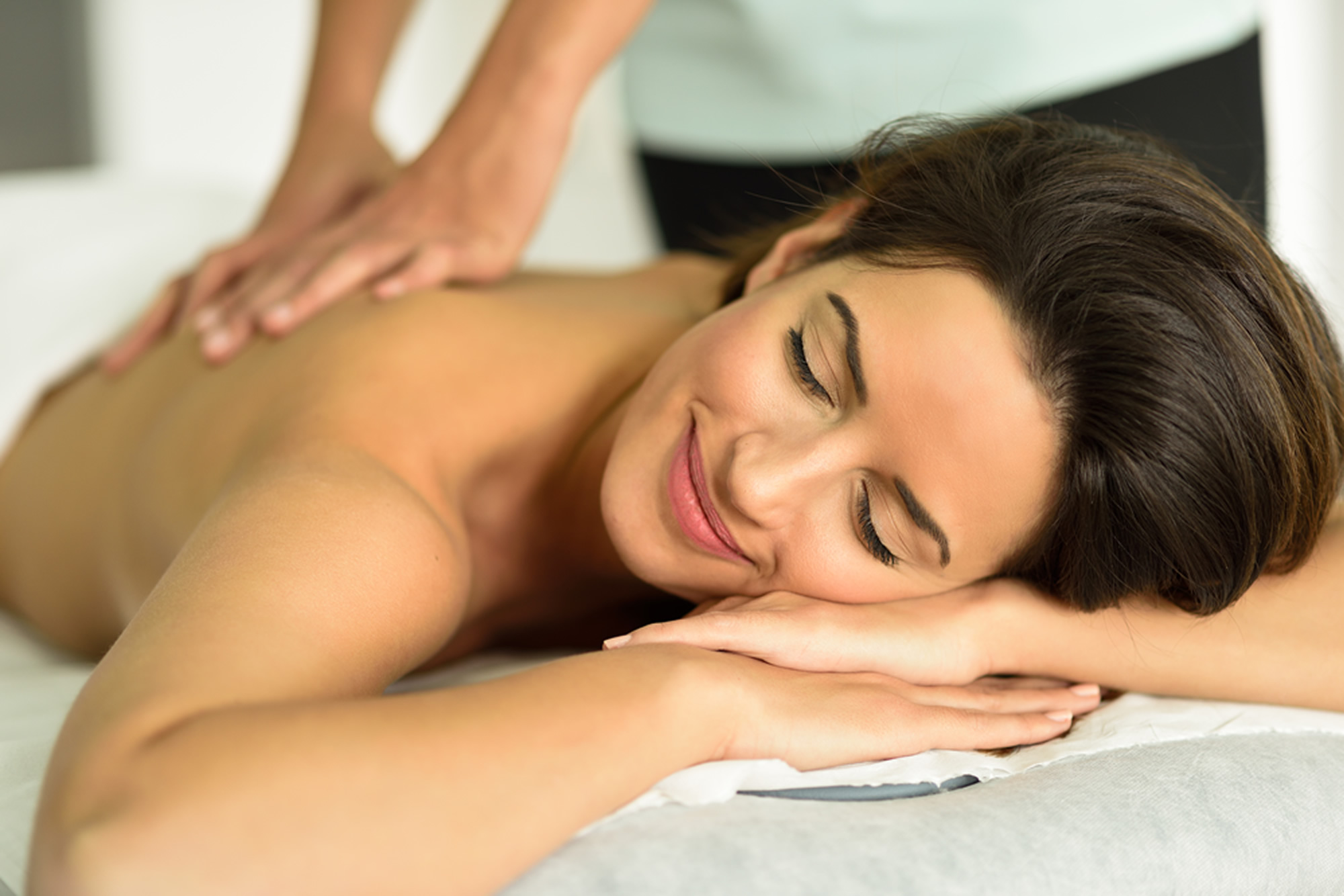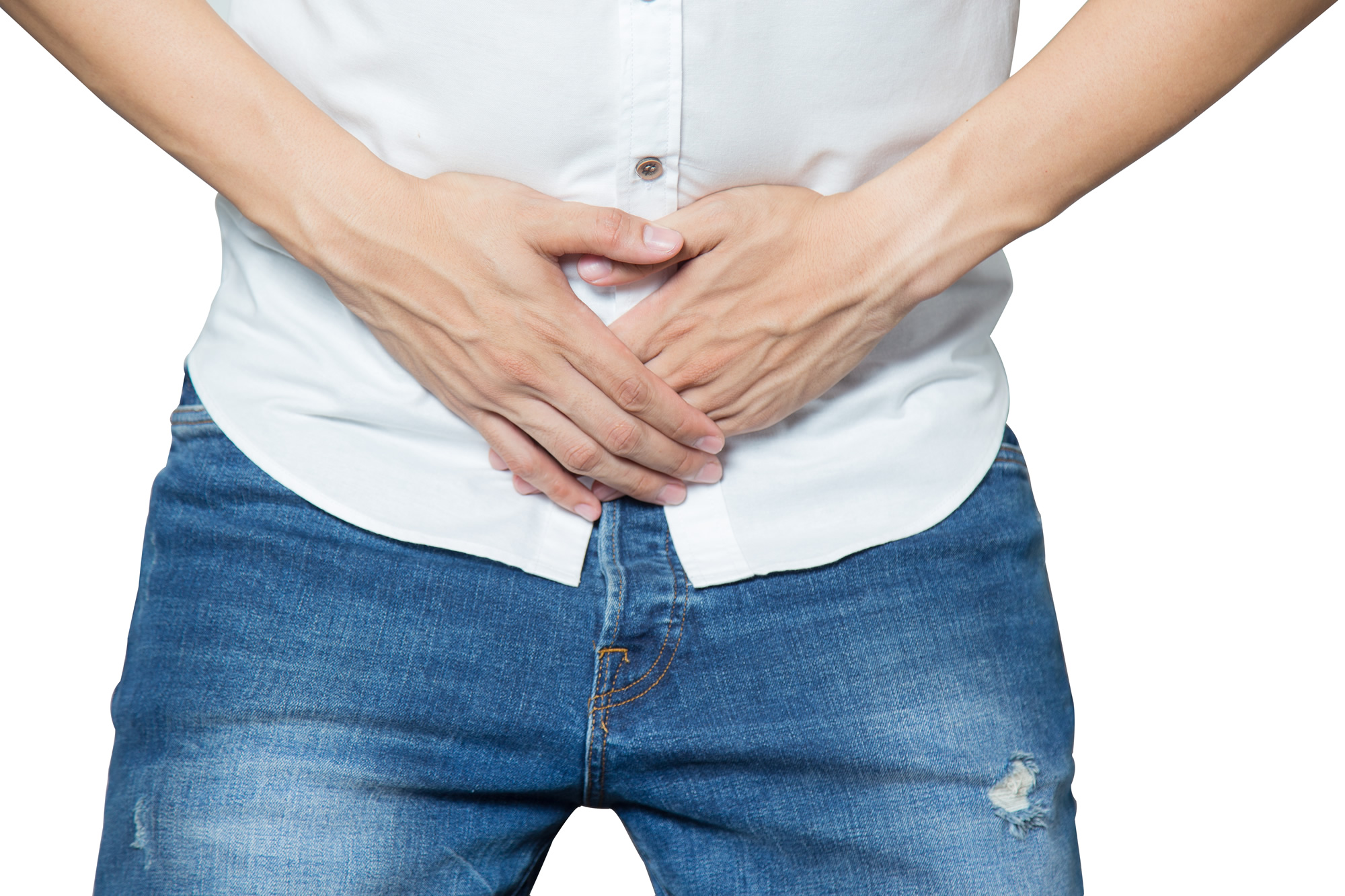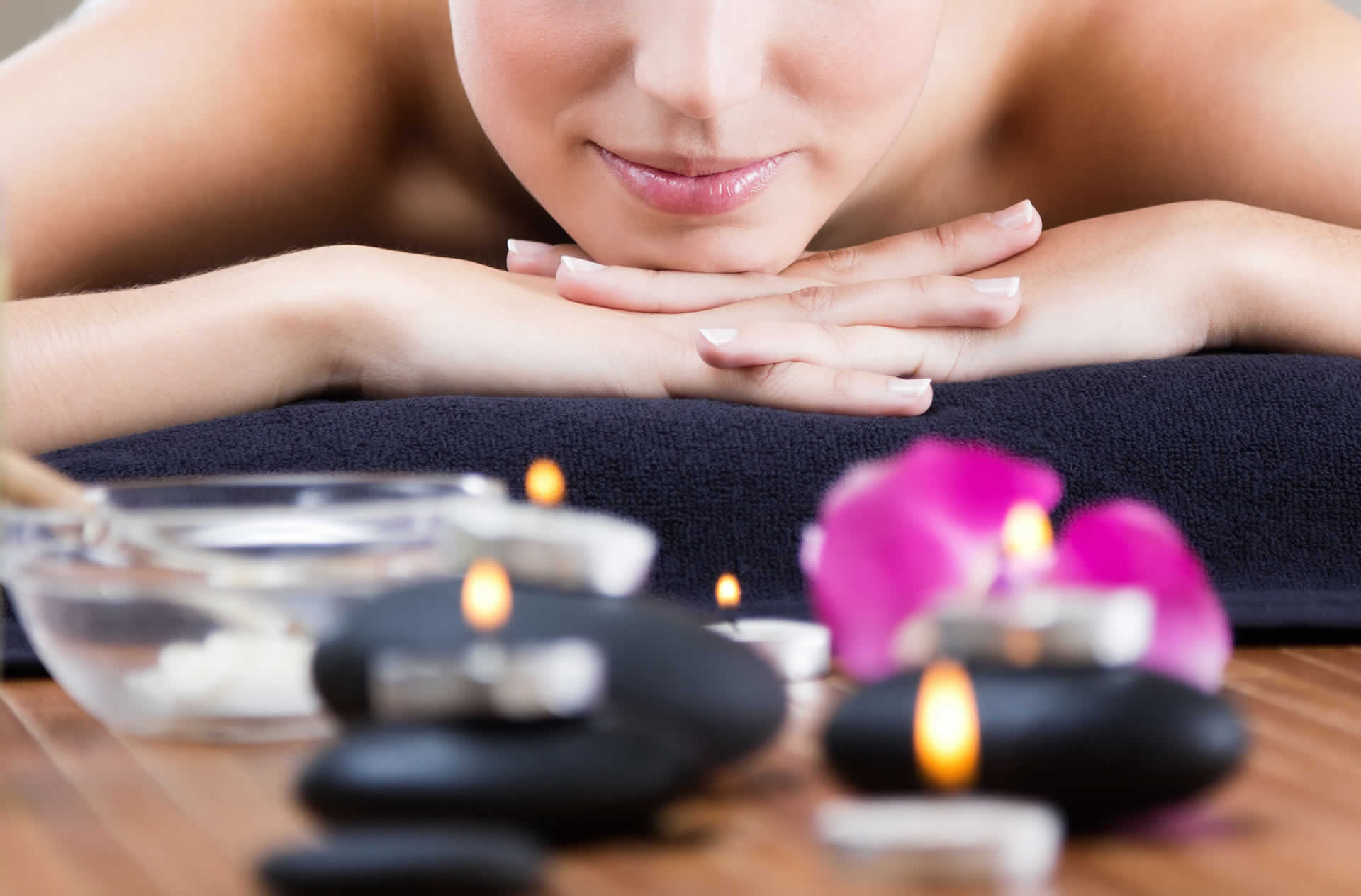You will encounter many different forms of massage depending where around the world you travel. However in this modern age, you can probably find all significant forms of massage within a close proximity.
[vc_row][vc_column][vc_column_text]Massage is an ancient technique that has been utilized in various cultures around the globe. It has been used for multiple purposes and scenarios such as spiritual rituals and bodily healing. At present, massage therapy is increasing in popularity within the field of addiction recovery. This is due to its beneficial effects including relief of physical and mental distress, enhancement of the recovery process, and significant positive personal transformation. So, how does massage therapy help entirely with the addiction recovery process? Let’s find out below. It Helps Ease Withdrawal Withdrawing from addiction on alcohol and drugs can be very difficult. It can be physically and mentally uncomfortable as well. Research found out that massage therapy can ease the management of various withdrawal symptoms. In addition, it helps improve digestion and sleep and reduce pain in the muscles and joints. This technique can be used to create a more positive and bearable detoxification experience during the early stages of addiction recovery. One study implemented in a hospital in Australia has shown that participants who received massages during alcohol detoxification had lower respiration and pulse rates. Plus, they had a significant reduction in Alcohol Withdrawal Scale scores during the earliest stages of the process of detoxification. Massage therapy also helps to relieve aches and pains within the muscles. This occurs because the technique helps to increase blood circulation, relax muscle spasms, sends anti-inflammatory signals to that of muscle cells, and encourage mitochondria production. Since the physical distress associated with withdrawal is reduced, a person’s emotional engagement in the process of recovery is enhanced. This, in turn, leads to a better sense of control over the person’s body. It Helps Improve Emotional Well-Being Some important benefits of massage therapy include improvement in mood and relief of symptoms associated with depression and anxiety. This produces a sense of harmony within a person. Researchers found out that massage therapy promotes endorphin release and increase mood-enhancing neurotransmitters including dopamine and serotonin. It also enhances production of oxytocin, a hormone responsible for human bonding and usually outpour people’s brains during significant life events such as when falling in love. Physical touch can also promote the release of oxytocin that leads to numerous psychological benefits such as reduction in fear and social inhibition, enhanced sense of well-being and trust, improved self-esteem, empathy, and optimism. Studies which confirm that massage therapy enhance the production of oxytocin led researchers to think that it can also reduce mortality and morbidity caused by psychological distress. For those within the addiction recovery process, massage therapy has two emotional benefits. First, it can be the foundation in managing psychological issues associated with withdrawal and the process of recovery. Second, it helps relieve distress as a result of co-occurring mental conditions which contribute to that of addiction. It may also be utilized to treat acute and even chronic psychological and psychiatric symptoms. Thus, a person’s overall mental well-being and recovery is fortified. It Helps Restore The Connection Between Mind and Body When a person is addicted to alcohol and drugs, it often leads to an extreme chasm between the mind and the body. The person is focused on feeding his/ her addiction. Thus, the person suffering from addiction is incapable of recognizing and nurturing his/ her somatic needs. Since massage is focused on the body, it allows the person to reconnect to his/ her body and become attentive to its messages and sensations. This can be a significant factor for people whose addictions are driven by their encounter with physical violation including childhood abuse, sexual assault, partner violence, and other events that might lead a person to disconnect from their physical selves in order to deal with trauma. One study combined trauma-centered psychotherapy with massage. The results show that women who have PTSD due to sexual abuse in childhood experienced significant decreases in both severity and number of physical and psychological symptoms. In addition, they experienced fewer cases of dissociation and improved sense of security and psychological progress. It Helps Enhance Relaxation Addiction treatment and recovery can be very extreme and intense. A person will undergo through a powerful transformative experience which necessitates acknowledging hard-to-process truths about oneself. The person has to go through various difficult and meaningful changes in order to free himself or herself from addiction. The person suffering from addiction will go through the intense process without their primary coping tool — alcohol or drugs. In order to improve your psychological health, it is necessary to learn how to relieve stress and relax in a healthy way. You also have to create positive coping mechanisms for recovery. Massage therapy gives you the ability to experience healthy relaxation and establish inner peace and balance during recovery and treatment. This is due to the fact that massage helps reduce stress hormones such as cortisol. However, massage is more than the working of the chemicals in your brain. It is also a part of a deeply relaxing human experience. Massage treatments help you realize that other people are capable of helping you in the process of recovery. To Wrap It All Up Addiction treatment and recovery is a very intense process that requires a proactive, holistic approach to become successful. One such approach you can integrate with the recovery process is massage therapy. It has multiple benefits that aids your proactive approach to solving the addiction problem.[/vc_column_text][/vc_column][/vc_row]







Leave a Reply
You must be logged in to post a comment.